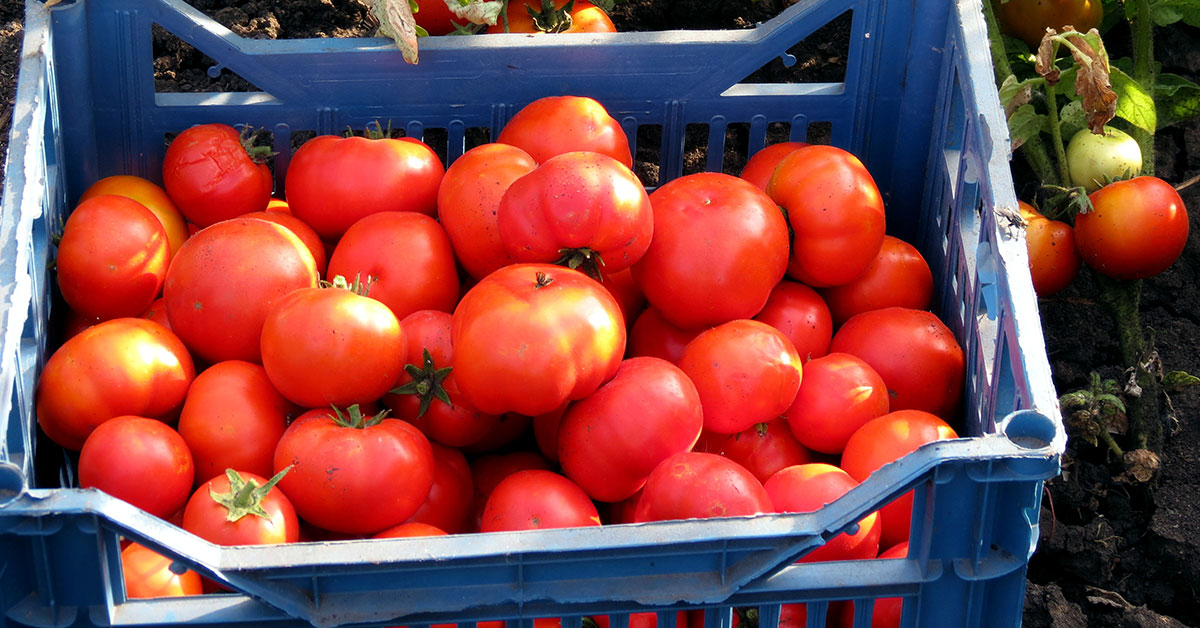Growing your own vegetables can be incredibly rewarding, not just for the fresh produce but also for the satisfaction of cultivating your own food. But what if you have a surplus? Can you sell the vegetables you grew? The answer depends on various regulations that differ from state to state. Understanding these rules is crucial before you start selling your homegrown produce.
In this article, we will explore the different regulations that might apply to selling homegrown vegetables. From local farmers’ markets to direct sales from your backyard, we’ll cover the essential considerations to ensure you comply with state laws. Let’s dive in and find out what you need to know to start selling your garden bounty.
Understanding Local Regulations
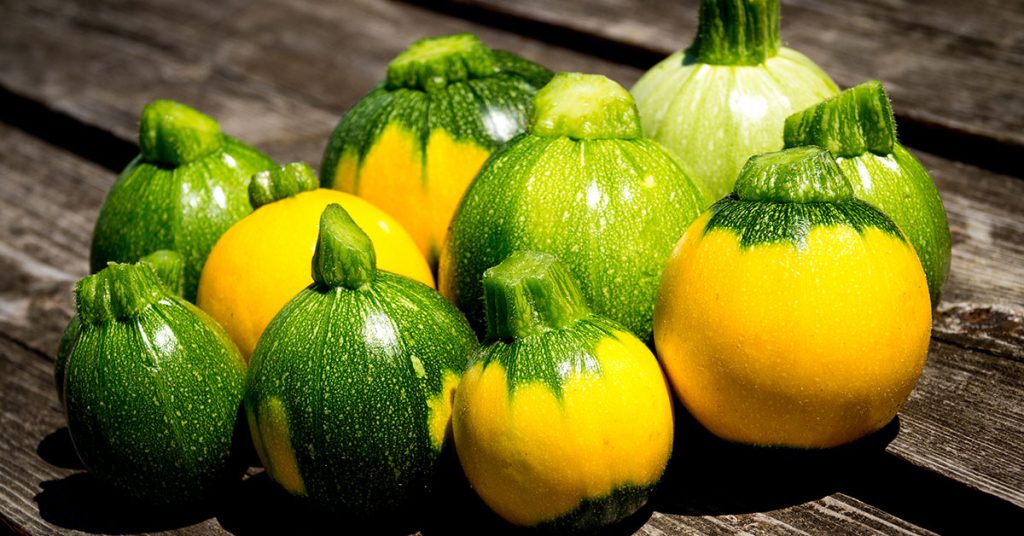
Before selling your vegetables, it’s essential to understand your local regulations. Each state, and often each county or city, has its own set of rules regarding the sale of homegrown produce. Some areas have specific licenses or permits you need to obtain before you can sell your vegetables. These regulations are in place to ensure food safety and protect consumers.
To start, contact your local agricultural extension office or state department of agriculture. They can provide detailed information about the requirements in your area. Additionally, local health departments may have guidelines you need to follow, especially if you plan to sell at farmers’ markets or through community-supported agriculture (CSA) programs. Being well-informed about local regulations helps you avoid fines and ensures a smooth selling process.
Farmers’ Markets Requirements
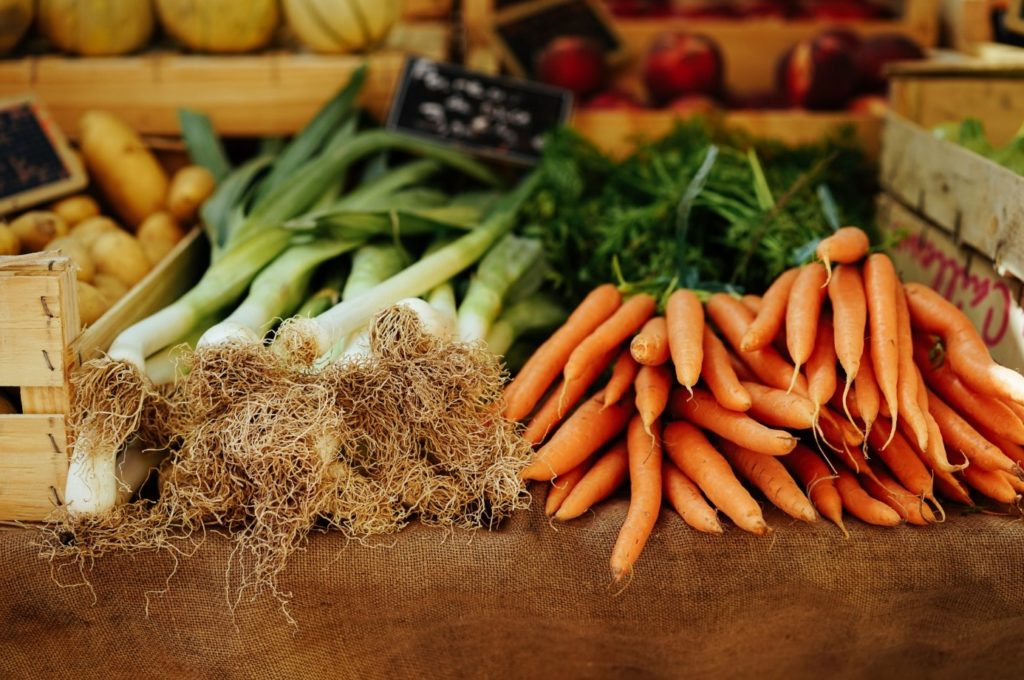
Selling at farmers’ markets is a popular option for home gardeners. However, each market typically has its own set of rules and requirements. Some farmers’ markets may require you to apply for a vendor spot months in advance, while others may have more flexible policies. Additionally, you might need to provide proof that your produce meets certain health and safety standards.
To sell at a farmers’ market, you may also need liability insurance to protect against potential claims related to your produce. This insurance is crucial as it safeguards your financial interests and gives customers confidence in your products. Before applying to a market, research their specific requirements and ensure you can meet them. This preparation will help you make a positive impression and secure a spot to sell your vegetables.
Direct Sales From Home
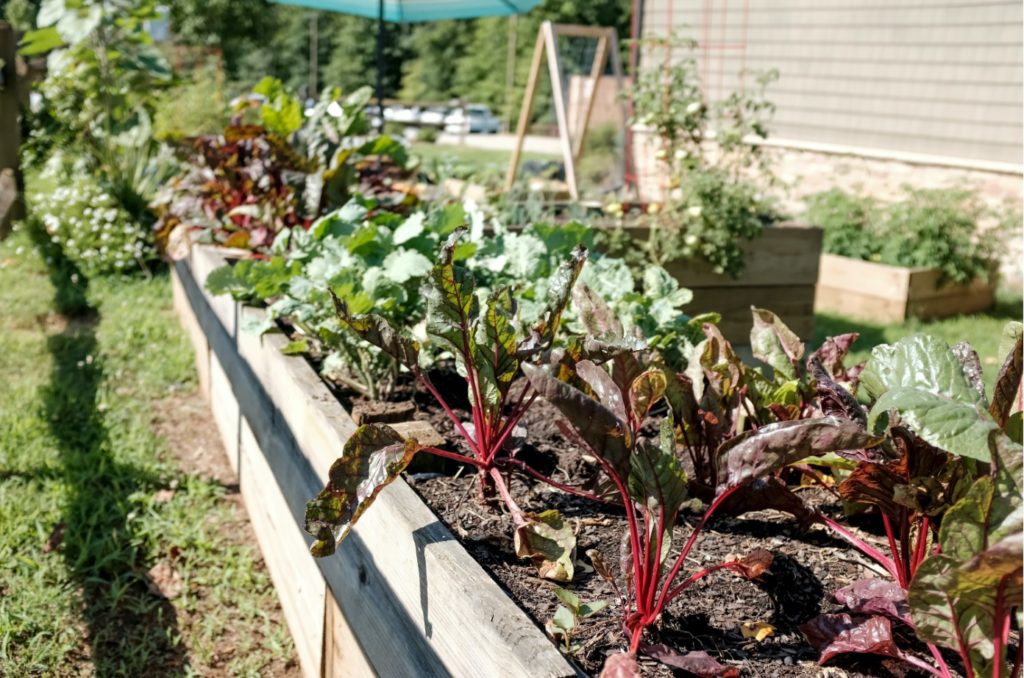
If you prefer to sell your vegetables directly from your home, you will need to navigate different regulations. Some states and municipalities allow direct sales from your property with minimal restrictions, while others may have zoning laws that prohibit such activities. It’s important to check with your local zoning office to understand what is permitted in your area.
In addition to zoning laws, consider local health and safety regulations. Even if direct sales are allowed, you may need to ensure your produce handling and storage meet specific standards to avoid contamination. Setting up a small stand in your yard or using an honor system with a payment box are common methods for direct sales. Always communicate clearly with customers about your produce’s origin and ensure it’s stored and displayed properly to maintain quality and safety.
Community-Supported Agriculture (CSA)
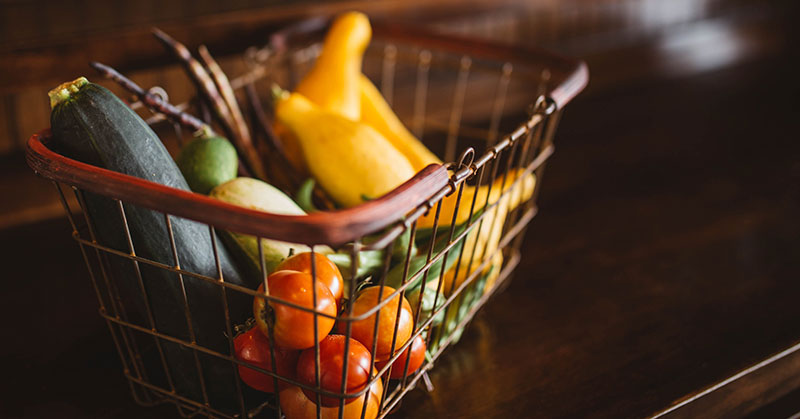
Community-Supported Agriculture (CSA) programs are another excellent way to sell your homegrown vegetables. In a CSA, customers pay upfront for a share of your produce over a growing season. This model provides you with financial stability and helps build a loyal customer base. However, running a CSA comes with its own set of responsibilities and legal considerations.
To start a CSA, you may need to draft a detailed agreement outlining what customers can expect, including the types of produce, delivery schedules, and any potential risks (such as crop failure). Some states require CSAs to register or obtain specific permits, so check with your local agricultural authorities. Managing a CSA also involves effective communication and consistent delivery of fresh produce, so ensure you have the resources and organization skills to meet these demands.
Cottage Food Laws
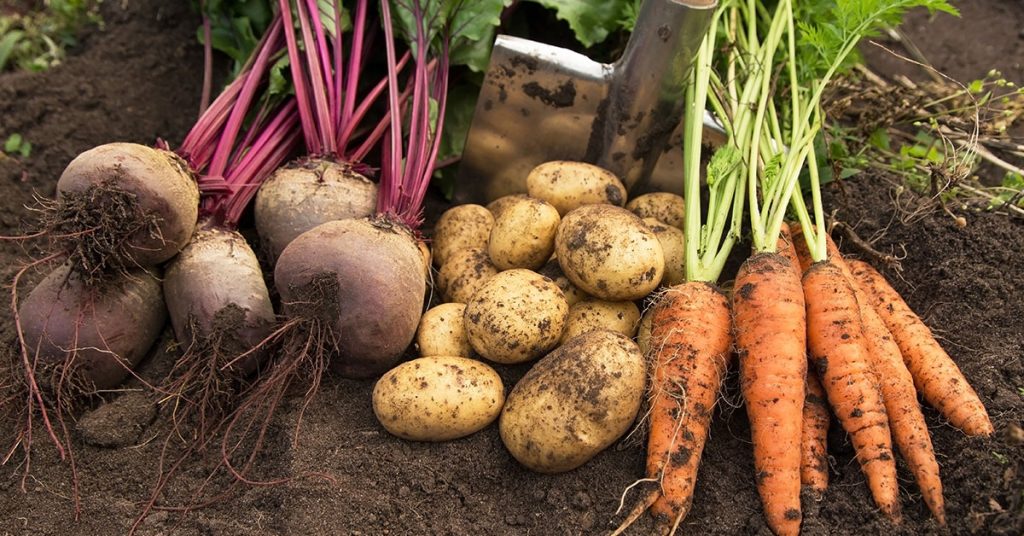
Many states have “cottage food laws” that allow individuals to prepare and sell certain types of food from their homes. While these laws often focus on baked goods and jams, some states include fresh produce under their cottage food regulations. Understanding these laws can help you determine if your state permits the sale of homegrown vegetables without a commercial kitchen.
Cottage food laws typically have specific labeling requirements, including listing all ingredients, potential allergens, and your contact information. They may also limit the amount of revenue you can earn annually from cottage food sales. Familiarize yourself with your state’s cottage food laws to see if they apply to your produce and ensure compliance with all requirements to avoid legal issues.
Health and Safety Standards
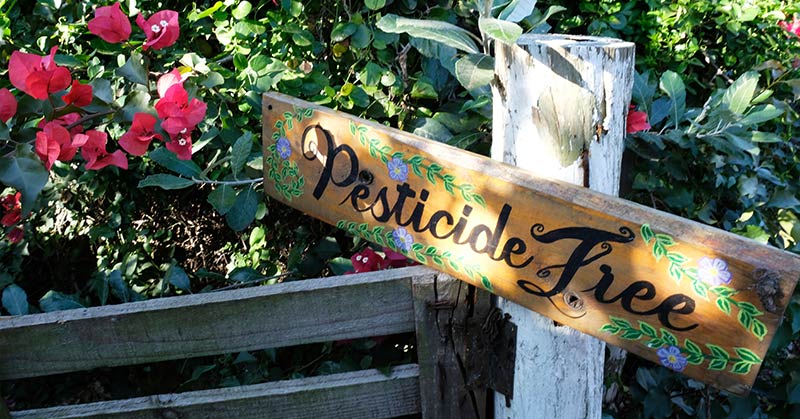
Ensuring the health and safety of your produce is paramount when selling to the public. Different states and localities have specific standards for washing, handling, and storing vegetables. For example, you may be required to wash your produce in potable water and store it at specific temperatures to prevent contamination.
Implementing good agricultural practices (GAPs) can help you meet these standards. GAPs include measures such as using clean water sources for irrigation, practicing proper hand hygiene, and keeping harvesting tools and surfaces clean. Following these practices not only helps you comply with regulations but also builds trust with your customers by providing safe, high-quality produce.
Labeling Requirements

Accurate labeling is essential for selling your homegrown vegetables. Labels should include the name of the produce, your contact information, and any required disclaimers, such as “This product was produced in a home kitchen.” These requirements vary by state, so check with your local agricultural extension office or health department for specific guidelines.
Proper labeling helps consumers make informed choices and can enhance your credibility as a seller. It also ensures compliance with state laws, reducing the risk of legal issues. Invest in high-quality labels and consider including additional information, such as growing practices (organic, pesticide-free) or harvest dates, to attract customers and build trust.
Marketing Your Produce
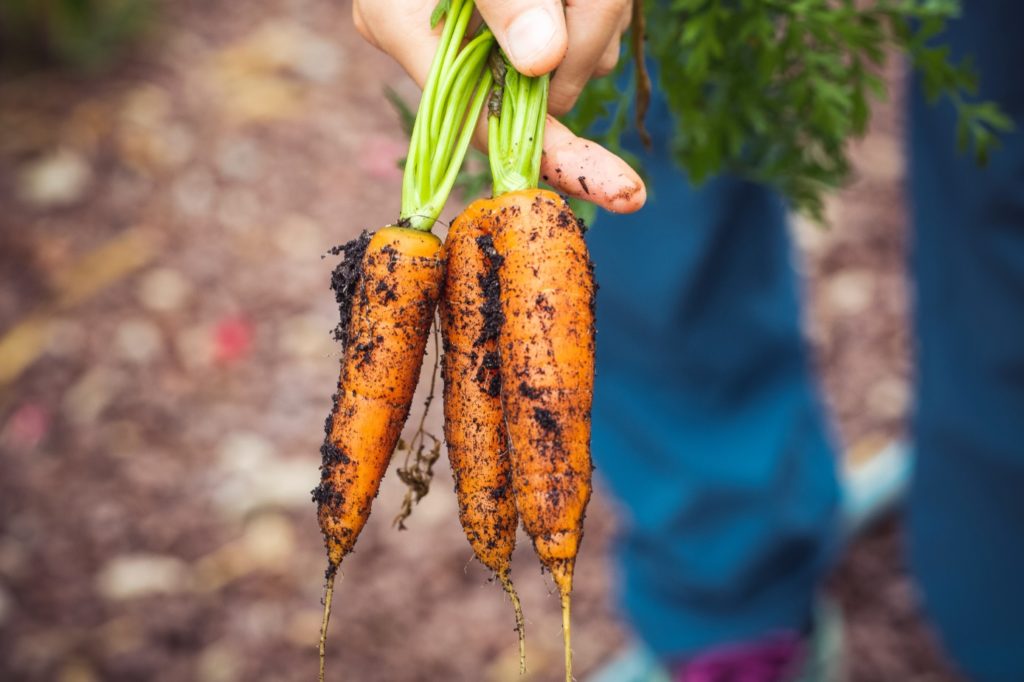
Effective marketing is key to successfully selling your homegrown vegetables. Utilize social media platforms, local community boards, and word-of-mouth to spread the word about your produce. Create a compelling story around your garden, emphasizing the freshness and quality of your vegetables. Engaging with your community can build a loyal customer base and increase sales.
Consider offering samples or hosting a small event to showcase your produce. Engaging directly with potential customers helps build relationships and trust. Clear, attractive signage and professional packaging also contribute to a positive impression and can set you apart from other sellers. With the right marketing strategies, you can maximize your sales and enjoy the rewards of your hard work in the garden.
